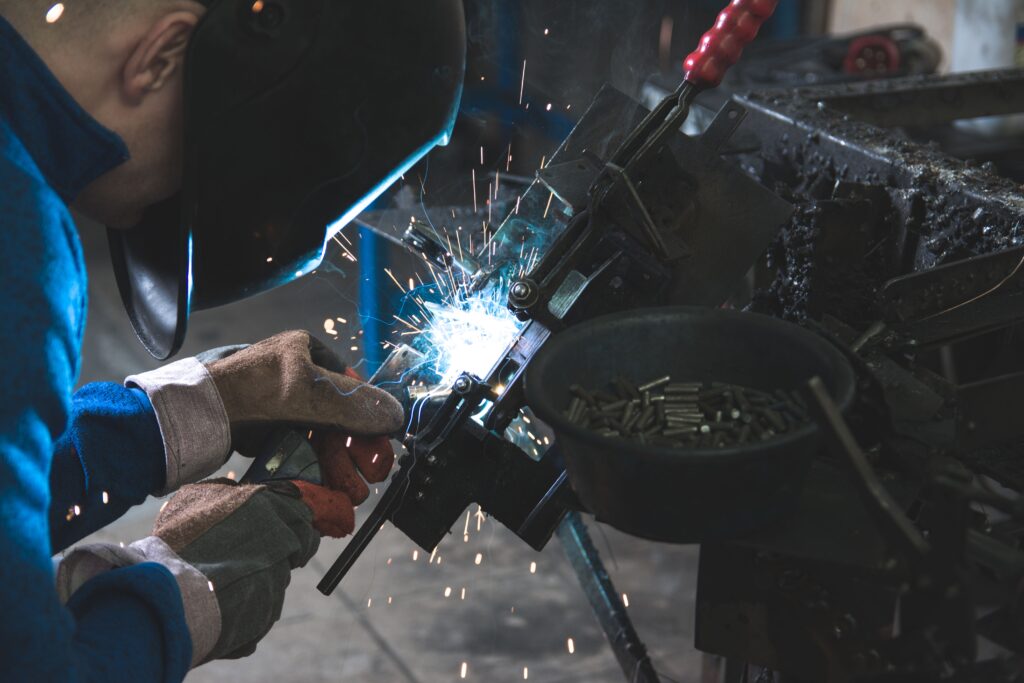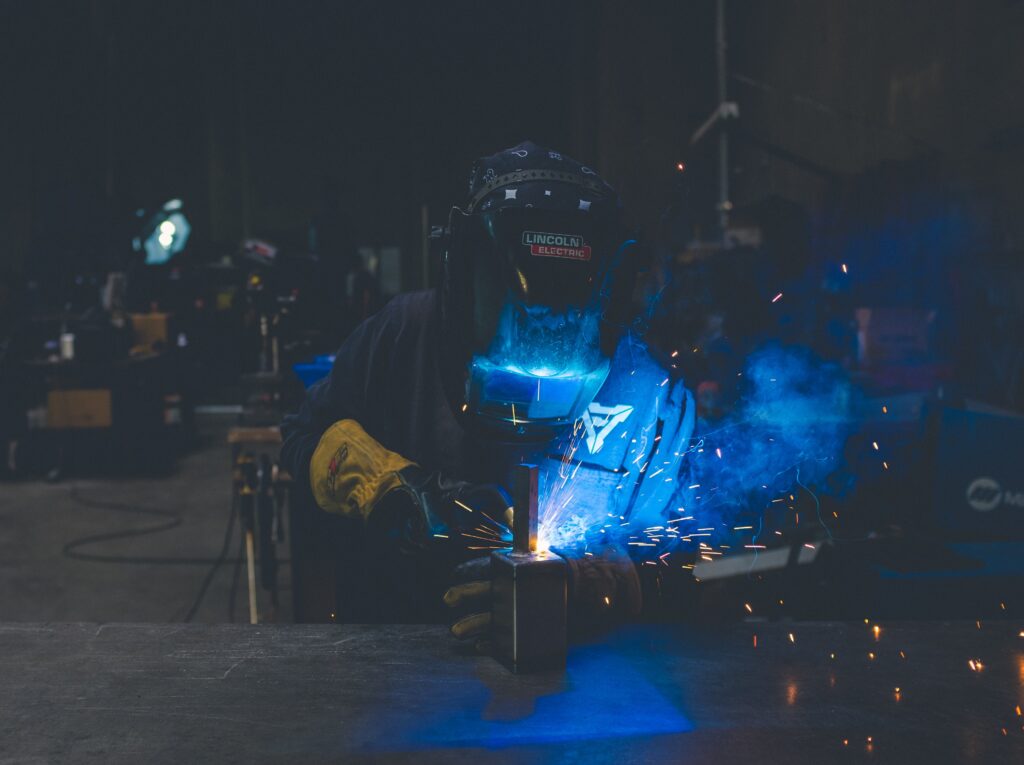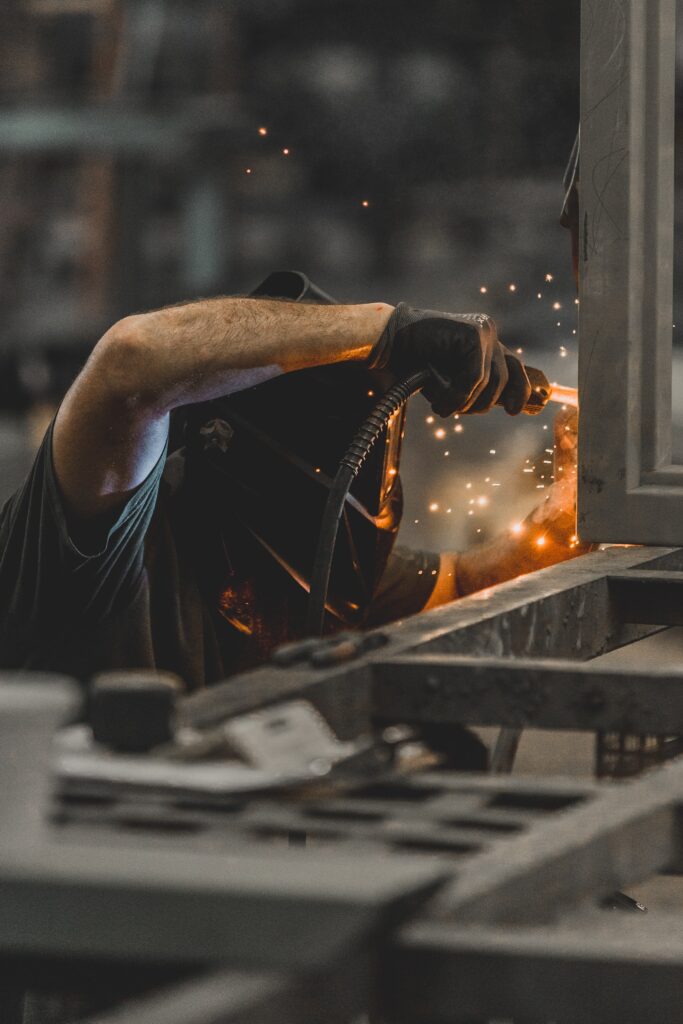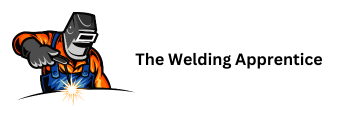Ready to jumpstart your career in welding? The comprehensive guide “How Do I Get My First Job As A Welder?” is just what you need! It’s designed to help you navigate the welding industry with ease, offering you an abundant amount of information on how to land your very first job as a professional welder. Get ready to power through your job hunt with this handy roadmap that is curated just for you. Let’s embark on this exciting journey towards your dream career!

Understanding the Role of a Welder
Welding plays a pivotal role in constructing and maintaining many structures and products in our world, from buildings and bridges to cars and even furniture. It’s a trade that requires skill, precision, and a thorough understanding of various materials and techniques.
Welding basics and theory
At its core, welding is the process of using heat to fuse materials, typically metals or thermoplastics, together to form a sturdy and reliable bond. As a welder, you work with a high degree of precision, utilizing various tools and types of equipment – from simple hand tools to sophisticated machines – to get the job done.
The importance of precision
Precision plays a key role in welding. Slight inaccuracies can lead to structural weaknesses that may not manifest for years. That’s why quality controls are in place to ensure each weld is precise and accurate. Your responsibilities as a welder will also involve regularly checking your work for flaws and acting swiftly to correct any mistakes you identify.
Different specializations within welding
There are a variety of specializations within the field of welding. For instance, some welders might specialize in underwater welding, while others might focus on shielded metal arc welding, gas tungsten arc welding or flux-cored arc welding. Your interests and career goals will influence the path you choose.
Physical requirements of the job
Physically, welding is demanding. It often involves working in tight or awkward spaces, lifting heavy equipment, and performing tasks while standing, bending, or crouching. Good physical fitness can safeguard you against workplace injury and keep you performing at your best.
Acquiring the Necessary Training
Welding courses and programs
Numerous schools and vocational programs offer training in welding. These programs can last from a few weeks to several years, depending on the level of certification you’re pursuing. They typically cover a wide range of topics, including safety procedures, theoretical knowledge, and hands-on practice with various welding techniques.
Types of welding certifications
There are various types of welding certifications offered by organizations like the American Welding Society or the International Institute of Welding. The certification you’ll need depends largely on the type of welding you plan to do.
Choosing the best school or program
Before finalizing your choice of school or program, consider factors such as the curriculum, the hands-on training opportunities, the accreditation of the institution, and the success rate of its graduates.

Skills Required to Be a Successful Welder
Manual dexterity
As a welder, you need excellent manual dexterity. Much of the work involves careful manipulation of welding tools in tight spaces, which requires a steady hand and a high level of control.
Physical fitness
Welding is physically demanding. You’ll likely spend long hours standing, lifting heavy objects, and working in awkward positions. Good physical fitness will serve you well in this profession.
Detail oriented
Attention to detail is critical in welding. A small error or oversight can lead to a weld that fails, leading to significant repercussions.
Mathematical skills
Much of welding is predicated on precise measurements to ensure proper fit and strong, durable bonds. Therefore, having strong mathematical skills is essential to succeeding in the profession.
Blueprint reading
Being able to interpret blueprints and schematics is another crucial skill for welders. These documents guide the welding process, dictating where, how, and often with what materials a weld should be completed.
Gaining Experience and Building a Portfolio
The importance of internship or apprenticeship
Internships or apprenticeships can provide a wealth of practical, on-the-job training. These experiences are invaluable for honing your skills, acquiring knowledge of industry practices, and networking with professionals in the field.
Documenting your experiences
It’s important to document the work you produce during your training, internships, or apprenticeships. This documentation can include photographs, written descriptions, or even references from supervisors or colleagues who have seen your work firsthand.
Creating a portfolio showcasing your skills
A portfolio is a tangible way to demonstrate your welding abilities to potential employers. It can include samples of your work, certifications, and letters of recommendation.

Crafting a Compelling CV and Cover Letter
Features of a good CV for a beginner welder
A good CV for a beginner welder should clearly chart your training and educational journey, detailing any relevant qualifications and certifications you’ve earned. It should also highlight your work experience, listing specific duties, accomplishments, and the specific types of welding you’re familiar with.
How to present your skills and experiences
When presenting your skills and experiences on your CV and cover letter, try to emphasize what sets you apart. This will often include a combination of technical skills, soft skills (like team work or problem-solving abilities) and any unique experiences or specialties that you bring.
Drafting a motivational cover letter
A cover letter is your opportunity to shine, highlight your enthusiasm for the profession and explain why you’re a great fit for the job. Be sure to tailor it to each job application, addressing the requirements listed in the job description and showcasing why your skills and experiences align with them.
Leveraging Networking Opportunities
The importance of networking in the welding industry
Networking plays a vital role in the welding industry. It can help you to find job openings, learn about developments in the field and build relationships with other professionals who can help advance your career.
Networking events and groups for welders
Attending networking events, joining welding groups or associations, and even reaching out to individuals in the field can all provide valuable contacts and opportunities. These connections can be crucial, both when you’re seeking your first job and as you progress in your career.
Creating professional relationships with other welders
Fostering relationships with other welders can yield many benefits. You may gain insights and advice from those more experienced, find encouragement and support during challenges, and network for future job opportunities.
Understanding the Job Market
Industries that employ welders
A wide variety of industries employ welders. This includes construction, shipbuilding, aerospace, automotive, manufacturing, and more. The industry you land in could also influence the type of welding you specialize in.
Current trends in welding employment
It’s also important to understand current trends in welding employment. For example, certain industries may be experiencing growth or decline, there might be an increased demand for certain specialties, or new technologies may be revolutionizing how welding is performed.
Regions with high demand for welders
Furthermore, different regions have different demands for welders. Some areas may have a strong manufacturing industry that requires a higher proportion of welders, while others may have more jobs in aerospace or construction. Always consider these factors when job-hunting.
Preparing for a Welding Job Interview
Common questions asked in a welding interview
You can expect questions about your skills, qualifications, and experience during a welding job interview. Interviewers may also ask you about your knowledge of safety procedures, reading plans and blueprints, or handling specific equipment.
What to wear to a welding interview
While it’s always important to look professional at a job interview, the welding industry is a bit unique. It might be appropriate to wear slightly more casual or practical clothing, since you may be asked to demonstrate your abilities on the spot.
How to present your portfolio during the interview
You should bring your portfolio to the interview and be prepared to discuss and demonstrate your competence. Practice discussing your portfolio entries beforehand, so you can confidently explain your skills, knowledge and experiences.
Negotiating Your First Welding Job Contract
Understanding the terms of the contract
Before accepting any job offer, make sure you understand all elements of the contract. This includes salary, work hours, expectations, benefits and any conditions or stipulations the employer has included.
Negotiation skills for welders
Negotiation is a crucial part of navigating the job market. As a welder, understanding your worth, and being able to effectively communicate it to potential employers can help you land a fair, competitive wage and well-rounded benefits package.
Evaluating job offers
Lastly, take the time to evaluate job offers thoroughly. Consider factors such as the company culture, potential for growth, job stability, compensation, and benefits. It’s also a good idea to research the potential employer and consider speaking to other employees if possible.
Coping with Challenges in Your First Welding Job
Managing work stress
As with any job, it’s expected that you will face some work-related stress in your first welding job. Effective stress management techniques such as regular exercise, healthy eating, adequate sleep and practicing mindfulness-related activities can help keep your stress levels in check.
Maintaining professional relationships
Developing and maintaining professional relationships with colleagues, supervisors, and clients can help ensure a productive working environment. Good communication, mutual respect, and an open mindset are all key to fostering these relationships.
Enhancing skills and learning on the job
Lastly, always aim to improve and grow on the job. This can involve seeking additional training, asking for feedback, learning from more experienced welders, and staying abreast of changes in industry standards and technology. Remember, becoming a successful welder is an ongoing journey, and there’s always more to learn.
